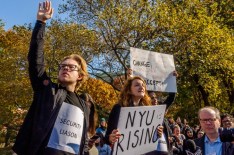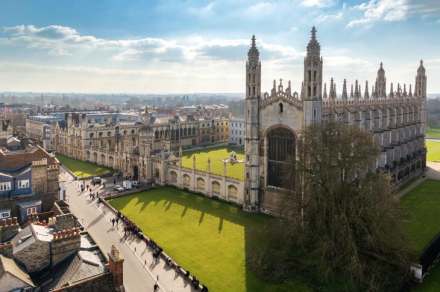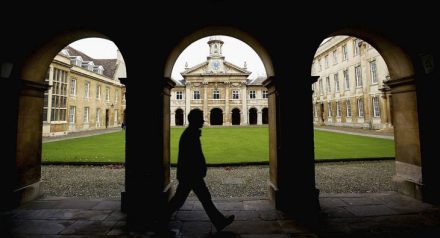How to make economists fight like ferrets in a sack
One of the funniest passages of writing I have read in the past few years appears within the pages of Richard Thaler’s memoir Misbehaving. He describes what happens when the University of Chicago economics faculty moves to a new location. The economists simply have to agree among themselves who will occupy each office in the new building. Now in theory, at any rate, this should be a breeze. You have a group of people who should be among the most rational in the world; their discipline, economics, defines itself as dedicated to the study of the ‘allocation of resources under conditions of scarcity’: here is a problem tailor-made for economists

















